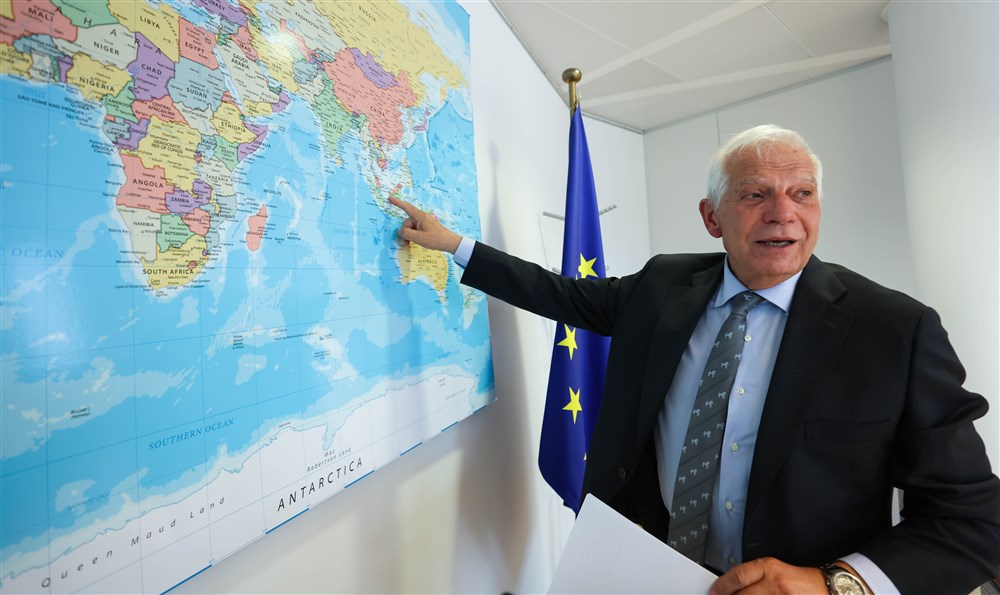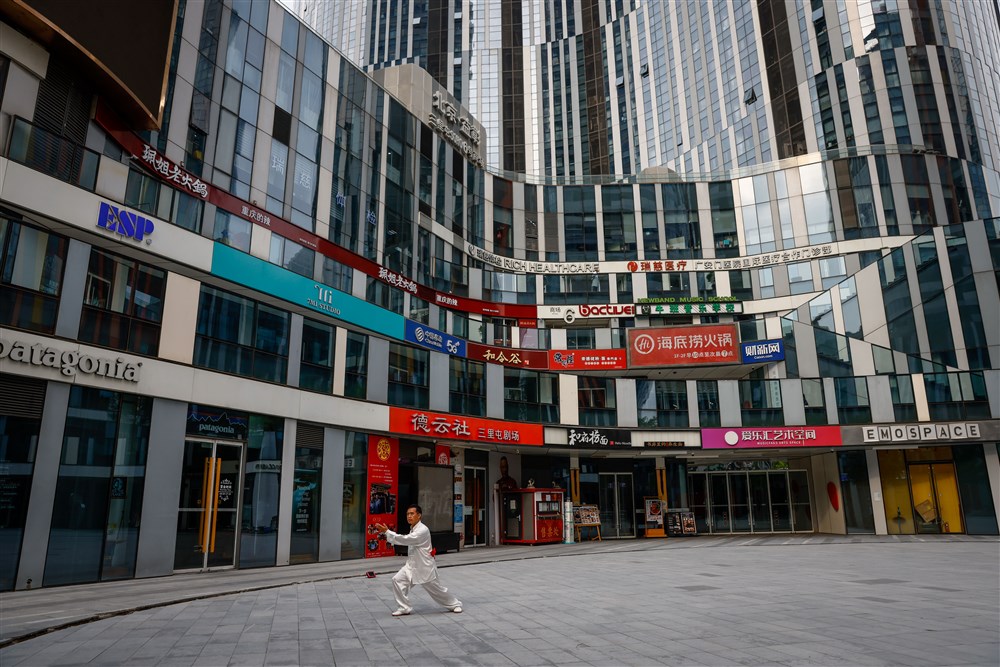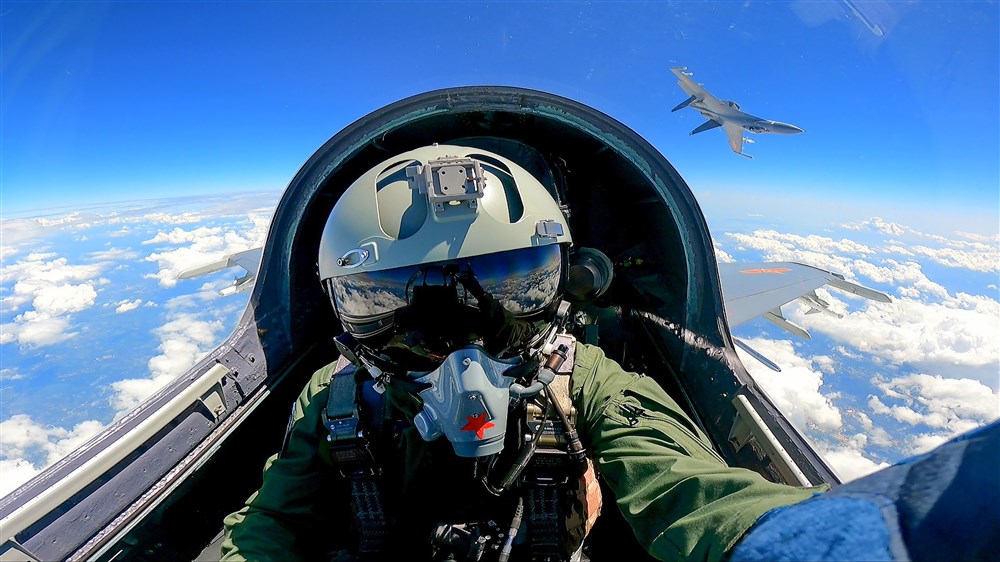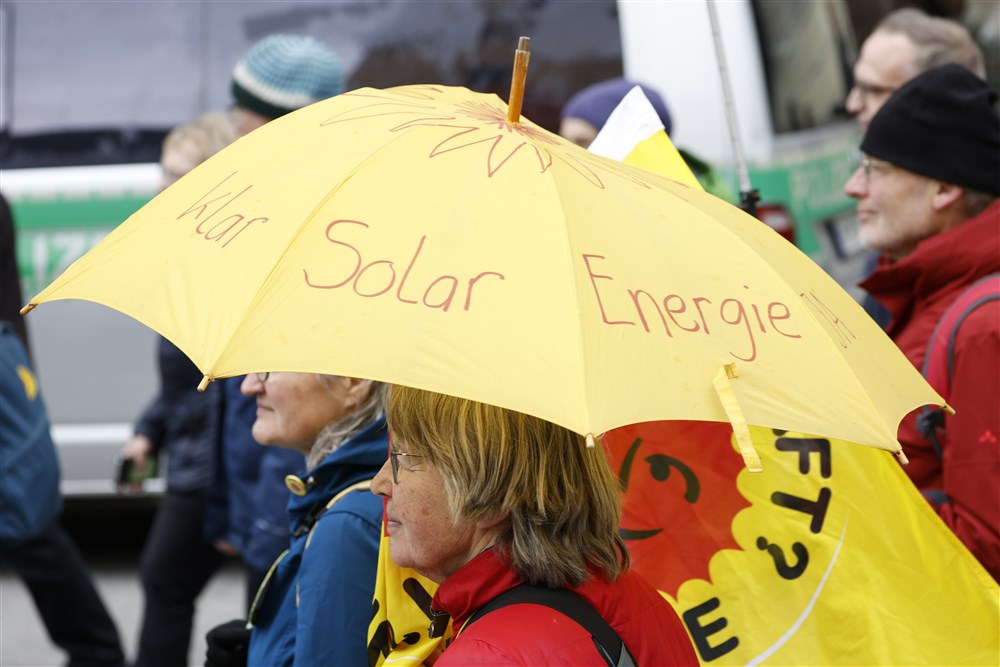France used to be a world power; it was Europe’s biggest economy, had Europe’s mightiest army, and was also the continent’s most populated country: back in the 18th century.
While still one of the few nuclear powers and a permanent member of the UN Security Council, Paris is now a European power with little ability to project might outside of its backyard other than, perhaps, in Africa.
The chance of France deploying troops en masse further afield is almost zero. There is no conscription, no sizeable armed forces, limited intelligence gathering capability, and no public desire for post-colonial fiascos such as Dien Bien Phu and the Suez (the latter alongside the UK).
France’s influence on the world stage is small, but French Presidents have always taken on larger-than-reality personas.
The epitome of this was World War Two resistance hero Charles De Gaulle, who credited himself with importance equal to that of any American President. In 1966 De Gaulle pulled France out of Nato’s joint command and shooed the organisation’s headquarter from its Paris suburb (to the advantage of Brussels) in what would today be called a quest for “strategic autonomy”.
France’s military stance towards the US-led alliance and the US itself has blown hot and cold ever since. Under Socialist President Mitterrand, France in 1986 refused to let US fighters overfly its territory on a bombing raid against Gaddafi in Libya. Rightwing President Nicolas Sarkozy on the other hand had no problem backing the US and the UK in attacking Gaddafi’s forces in 2011. French and American diplomats ceased talking to each other at the height of their spat during the build-up to the second Iraq war.
In Brussels, President Macron is considered something of a hero in that he is one of the few politicians capable of winning consecutive elections on a pro-EU platform. French ministers have always thrown their weight around in institutions such as the Council of Ministers, but this power-projection reached new heights after his re-election. Helped by the UK’s withdrawal and a clear lack of any international aspiration from Italy, Spain or Germany (other than making money) France has filled a power vacuum at the top of European diplomacy, to the point that the French army has by default on occasion taken on a European role (in Mali for example).
It is perhaps in this context that President Macron’s comments about China and Taiwan should be taken. Europe, Macron said, faced a “great risk”, that of getting “caught up in crises that are not ours” which would prevent the EU “from building its strategic autonomy.” In an interview with Politico and others French titles (all pro-European) Macron urged the EU to become the world’s “third superpower” (led bien sûr by Paris). “The worst thing would be to think that we Europeans must become followers on this topic and take our cue from the US” he reportedly said.
France, a founding EU member, has always been suspicious of a widening of EU membership (as formerly promoted by the UK) which French civil servants even today claim somehow “ruined” the EU and its emergence as a true, federal superpower. Former EC President Jacques Delors, a Frenchman, admitted publicly that in his opinion the EU would have been better off if the UK, an opponent of federalism, had stayed out.
The EU is today too diverse to become a superpower. France doesn’t have the size to become a hegemon, and Germany is too scared of itself to try. Talk of removing the last remaining national EU vetoes in fields such as sanctions and foreign policy show there is still a push towards federalism and therefore more power for Brussels, though with Euro-sceptic governments in power in Poland and Italy, this is pie-in-the-sky.
Macron’s China comments, which have pleased his host and angered Atlanticists in the US and Germany, could be seen as simply another manifestation of the Gaullist reflex which sought, and seemingly still seeks, to make France a great power once again, this time at the head of a united, federal Europe.
Given that Gaullism has not until now led to the creation of a “European superpower”, or anything close to it, there is a fair chance that Macron’s comments will not go down as particularly important in the annals of history.





